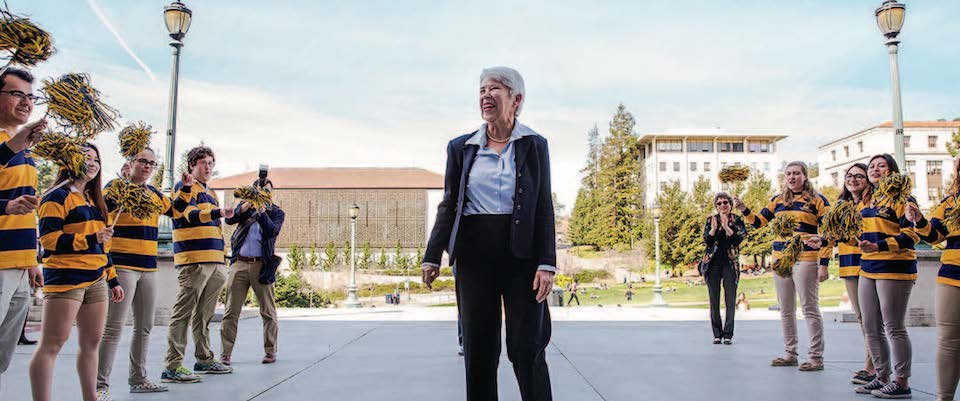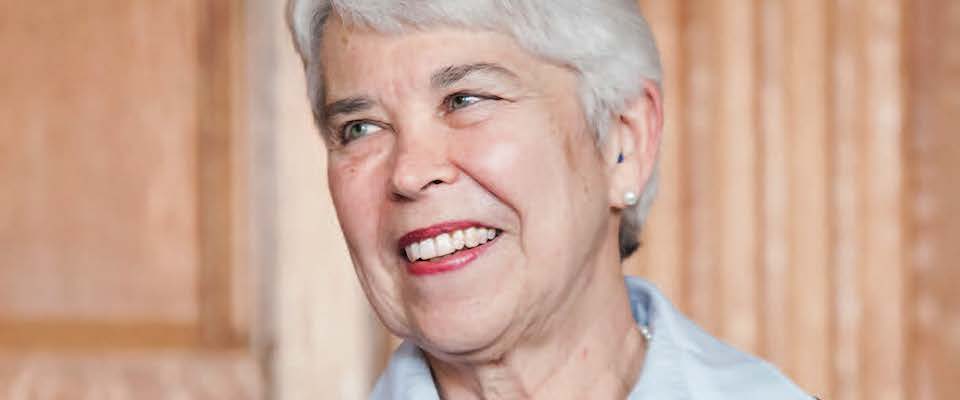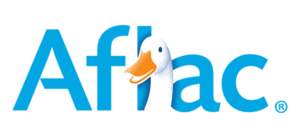In my first months as chancellor, I’ve been thinking a lot about journeys. I remember vividly the first one I made to California to take up my faculty position here. I was a young, freshly minted Ph.D.; I drove across the country with a friend, and it was the first time I had been west of the Mississippi. Indeed, it was the first time I had been west of Philadelphia.
In those first few months of teaching here, I fell in love with Berkeley. First I loved the students. Everyone had a different story of how they came here; they were diverse in their life experiences and aspirations, they were smart and quirky and filled with wonder and curiosity. I fell in love with the intellectual excitement of Berkeley; no matter what the subject, there was some faculty member who not only knew about it, but was extending our understanding of it. And I loved the fact that Berkeley felt like a place where history was happening—political, scientific, intellectual. Berkeley is a place that matters; some say it matters more than any university in the world.
Of course, there are many kinds of journeys. There are physical journeys, like that first drive across the country; but there are journeys through time, as well. The distance from my house to campus is less than a mile; the distance from the provost’s office to the chancellor’s is less than 50 feet. But the experiential journey—the internal journey—to chancellor feels much more significant.
Berkeley is as much about the transfer student from Fremont or Hayward or Arcata whose parents have never been to college as it is about its Nobel Prize winners.
Berkeley has made me who I am; it has shaped me intellectually, and it has enabled me to become the leader I am. I have a lot of history here, and a deep love of the campus.
Berkeley has two lodestars: excellence and access. Berkeley is as much about the transfer student from Fremont or Hayward or Arcata whose parents have never been to college as it is about its Nobel Prize winners.
In 2018, Berkeley will celebrate its 150th anniversary. It was the first university to face west, across the Pacific. And it has always had the pioneering spirit of those who pushed to the country’s western edge. I wish I had a crystal ball that would show me what the next 150 years will bring. Instead, as I embark on my term as chancellor, let me tell you what I hope to achieve.
I have five goals:
The first is building community. The past several years have been difficult ones for the campus; we faced financial challenges, a leadership crisis, highly public sexual harassment cases, violence around the issue of free speech. These have taken their toll on the community. We need to rebuild our sense of community—a challenge in a place as urban, as large, and as diffuse as Berkeley. In part, it’s a matter of tone and shoe leather; in part, creating occasions in which we can feel together that this is our Berkeley. I intend to spend time with both the city of Berkeley and the government in Sacramento; they are our most important partners. And in building community, we have to make sure it is inclusive, that every group feels welcomed and valued.
My second goal is enhancing the undergraduate experience. Too often Berkeley seems like a place where students survive. We want every student to thrive, to have the best opportunity for the education to which he or she aspires. Each student should have the benefit of attending a leading research university, through participating in discovery experiences that are the very nature of research. I want more of our students to study abroad, and more to do internships.
Too often living in housing that is too crowded, too expensive, too far away, they’re distracted from their studies by basic needs. We must change this situation.
Critical to our enhancing the undergraduate experience is expanding student housing. We house the lowest percentage of undergraduate students of any UC campus—only 22 percent—and we house only 9 percent of our graduate students. In a housing market as expensive and impacted as the Bay Area, this creates a challenge for students that diminishes the quality of their experience. Too often living in housing that is too crowded, too expensive, too far away, they’re distracted from their studies by basic needs. We must change this situation. Because the campus does not own much unoccupied land, and because some potential development sites are politically fraught, we need to find creative partnerships with the private sector to increase our housing capacity.
My third goal is enabling faculty to do the most critical research for the public good. We have faculty working on every problem fundamental to humankind and the planet—advances in medical technology, understanding how the human mind works, our energy infrastructure, wealth inequality, designing new kinds of cities, climate change—the list goes on and on. This research is one of the most profound and significant public benefits that the University of California offers. We need to create the conditions that enable faculty to do their best work.
My fourth goal is making major progress on diversity. In each of our campus populations—undergraduate students, graduate students, faculty, and staff—we can and should be more diverse. And demographics is only one dimension of the challenge; if we cannot build a greater understanding of diversity and a more inclusive climate, gains in numerical diversity alone will have less impact on the campus culture.
My final goal is developing a new financial model for the campus. This is much more than eliminating our deficit, although we are making excellent progress on that front. We ended fiscal year 2016 with a deficit of $150 million; we will end 2018 with a deficit of $56 million. My strategy has been to address our financial challenges through increasing and diversifying revenue sources; we will meet over half of the goal for FY18 through new revenues.
My journey as chancellor has just begun. I look forward to your partnership in the months and years ahead.





















